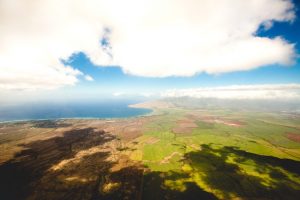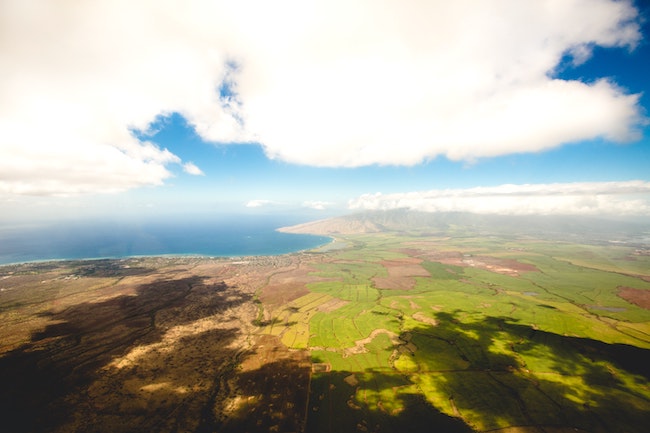
This week I will seriously deviate from my normal format. This Shabbos my third son, Aharon Aryeh, is becoming bar mitzvah {when a young Jewish male reaches the age of thirteen and assumes full responsibility as a man in all religious observances}.
The Sages teach that the mitzvah {commandment} of Talmud Torah {learning and teaching Torah} is equal to all the other mitzvos combined. As such, I thought this mitzvah of Talmud Torah would be a wonderful way for him to begin his career as a bar mitzvah through sharing his words with you.
With that having been said, this week I pass the baton to my son Aharon who (with a little help from his Dad) will present this week’s parsha-insights:
This week I will read Parshas Breishis which of course deals with brias ha’olam–the creation of the world.
I think that this applies very much to becoming bar mitzvah.
Adam was created and had the whole world at his fingertips. What he would do would affect everything. Chazal say that every person is obligated to say: The entire world was created for me. We too affect the entire world with every action that we do.
The decisions that I have to make as a bar mitzvah are based on the root of the argument between Kayin and Hevel. The passuk says: “And it was at the end of days, Kayin brought from the fruit of the earth an offering to Hashem and Hevel also brought from the first born of his flock [4:3-4].”
What is meant by the end of the days? Which days was it the end of?
The Kli Yakar explains that there was a big argument between Kayin and Hevel about the purpose of life. As the Medrash says: Kayin chose land as his chelek {portion}. Hevel chose metaltalin–things that you can take with you.
He gives a mashal {parable} of a person who travels to a far away town to buy things. If he buys fields and houses he can only enjoy them while he’s there. He can’t take it back home with him and when he does leave to go back home, he goes empty-handed.
Kayin chose land as his chelek. He felt that olam ha’zeh {this world} was all that there was and all of man’s energy should be spent on that.
Hevel chose metaltalin. In the mashal, when he traveled to a far away town, he only bought things that he would be able to bring back with him to his real home. Hevel understood that there was an olam habah {world to come} which would follow olam ha’zeh. He chose to be a shepherd to give him time alone to think and to bring karbanos {sacrifices} to Hashem from his animals. He understood that the only things really worthwhile in olam ha’zeh are the things that you can take with you to olam habah. Everything else is, like his name, Hevel {futile}.
That is what was meant by the end of the days. When thinking about the end of days, Kayin started to get a bit nervous. Maybe there would be something afterwards. He decided to bring a korbon {sacrifice} to Hashem. But even then, what did he bring? He brought pishtan–flax. He couldn’t get himself to offer something better to Hashem.
Karbon is spelled: kuf, raish, bais and nune.
Each letter of the aleph bais is actually a word on its own. The last letter of Kuf is phay, of raish is shin, of bais is tuff and of nune is nune. That spells pishtanthe flax that he brought. The bottom of the barrel, so to speak.
On the other hand, Hevel’s whole life was focused on Kaitz Hayamim the end of days. He brought from his first-born animals. The strongest and the best.
I hope that I as a bar mitzvah will follow in the ways of Hevel, knowing what olam ha’zeh is and using it well.
Aharon Aryeh Ciner
To that, all his father can add is a very hearty AMEN!
Good Shabbos,
Yisroel Ciner
This week’s parsha-insights is dedicated in mazel tov to Howie Hershkovich and Martha Vays in honor of their upcoming wedding. May they be zocheh to much happiness together and to build a bayis ne’eman b’Yisroel.
Copyright © 2000 by Rabbi Yisroel Ciner and Project Genesis, Inc.
The author teaches at Neveh Tzion in Telzstone (near Yerushalayim).


